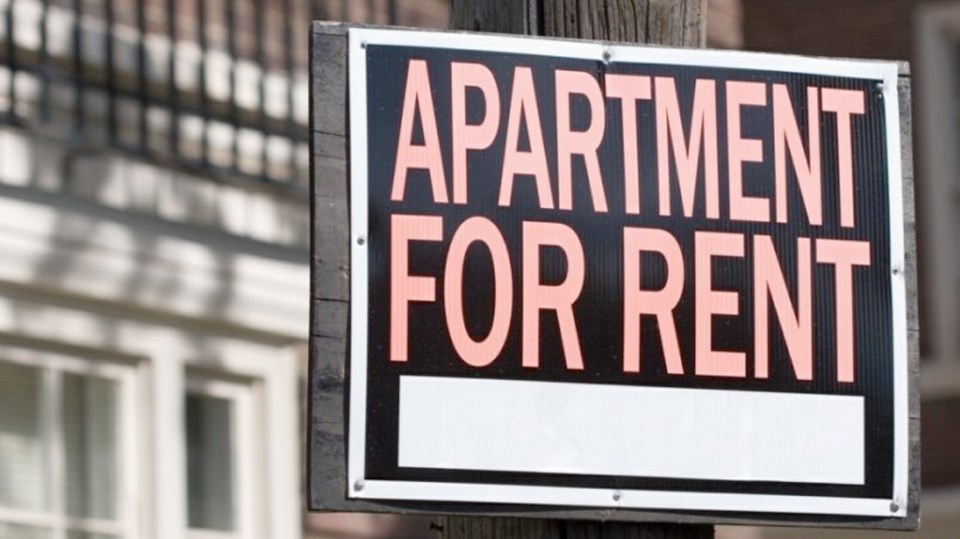Building owners, property managers and landlords saw a little light in an otherwise dark week Wednesday as the federal government announced an $82-billion economic plan including measures that could mean the rent will get paid on time April 1.
With layoff notices a reality for many workers as businesses close or curtail operations across the country as a result of the COVID-19 outbreak, many people have been wondering how they will pay the rent.
That’s especially true in cities such as Victoria and Vancouver, where rents are high.
“All in all, today had some good news in it,” said David Hutniak, chief executive of Landlord B.C., an organization that represents owners and managers of rental housing.
Hutniak said moves such as improved access to employment insurance, wage-subsidy programs, delays in tax payments and access to credit will get more money into people’s hands and give them a better chance of keeping up with bills.
“This was a huge boost, but there is a lot more that will have to be done,” he said, noting now the focus will be on the provincial government, which is expected to make an announcement on an economic package within days.
Hutniak said the province could consider initiatives from banning evictions to deferring rent. But he warned any initiatives must be balanced and not just downloaded onto property owners. “Our members understand everyone will suffer pain here,” he said. “But I think we need to go cautiously here and incrementally.”
That’s especially true in Victoria, he said, where most landlords are families.
“Our members are really sensitive to their tenants and the situation that’s unfolding, but they need this cash flow. Most can’t be without rent for any period of time.”
Hutniak said April 1 is still a week and a half away, so there is time for the province to find a balance that suits both renters and landlords. He suggested that both parties communicate.
Robert Jawl, president of Jawl Properties, the largest private owner and manager of high-end office space in the city, said COVID-19 has had a profound effect on many of the company’s tenants, especially those on the ground floor of their buildings.
He said a large number of those tenants are local and entrepreneurial in nature, lacking large credit facilities or a multi-national corporation to back them, which means there is less of a buffer for them.
Jawl said the company has been in constant communication with tenants, noting many restaurant tenants have closed shop or shifted to takeout-only.
“We are having open conversations with customers and whether, ultimately, it’s rent abatement or deferral or other creative structures to ensure all parties involved get to the other side of this thing. It would be premature to say anything is off the table.”
Dennie Linkert, president of Complete Residential Property Management, which represents about 150 property owners and manages 2,000 strata units, said the company is still trying to determine a course of action ahead of April 1.
She said the landlords her firm represents do not want to evict people during the outbreak, but aren’t certain what sort of safety net could be put in place for either side of the ledger.
“The provincial [package] will be crucial,” she said. “As a property-management firm, we don’t want to start the usual 10-day eviction notice — that doesn’t seem fair to anyone — so we are waiting for the province.”
Linkert said some of her clients could be helped by banks offering to delay mortgage payments, and she is waiting to see details.



